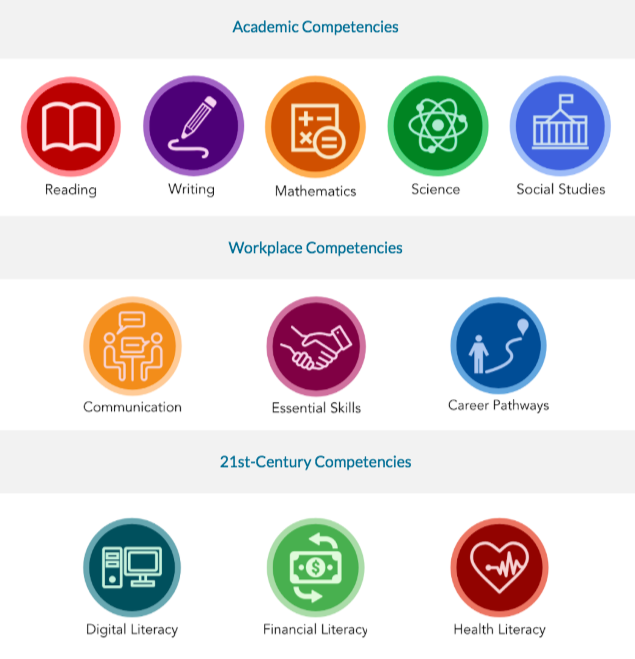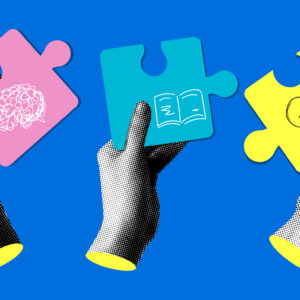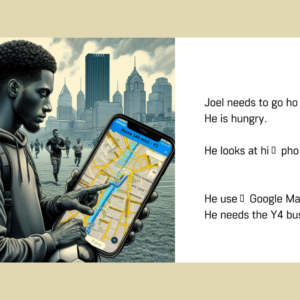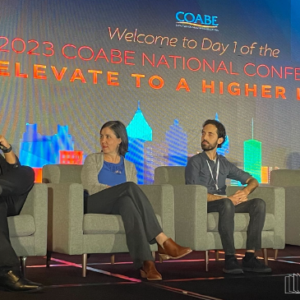The EdTech Center is pleased to announce the non-profit CrowdED Learning as a new EdTech Partner. Our EdTech Partners in the United States are go-to thought leaders on the issue of integrating technology into instruction and service delivery to expand the reach and outcomes of adult education and workforce initiatives.
CrowdED Learning was formed in late 2017 in response growing need for a wider range of high-quality, accessible learning resources for adult education. While there has been increased activity in the creation and sharing of free and open education resources (OER), their use within adult education remains incredibly low. The name “CrowdED” is a nod both to the problem and the solution to this issue. here are so many resources to sift through on the World Wide Web, that it is in effect too crowded. This crowding makes it challenging, and even daunting, to try to find the right quality resources for learners. CrowdED Learning offers the solution of relying on the crowd for help filtering OER found online. CrowdEd Learning plans to do this by By experimenting with crowd-sourcing protocols for curation and alignment of quality resources to the subject areas and core competencies required for college and career readiness.
Recent projects are helping CrowdED Learning work toward this goal. This work includes the development of skill directories containing high-quality resources in 11 academic, employability, and 21st-Century skill areas; the alignment of over 2,000 Khan Academy practice sets to the College & Career Readiness Standards for Adult Education; and creation of Quizlet study decks to support a freely available Tier 2 Vocabulary curriculum developed by Appalachian State University. Upcoming projects include a Digital Skills Library to be released this month, as well as the SkillBlox learning plan generation tool to be released later in 2019.
CrowdED Learning’s mission of increasing awareness of and access to high-quality, free and OER is not just focused on providing no-cost learning options to adult education instructors and students. It is steeped in the philosophy that learning today is inquiry-based—where learners must be conditioned to seek out information and knowledge from a variety of sources—as opposed to a passive process where learners are told what to learn and how to learn it from a single, prescribed source. This philosophy is captured, along with strategies for true integration of digital literacy into adult education instruction, in a recent Digital Promise blogpost— “3 Techniques for Promoting Resilience in Digital Literacy”




